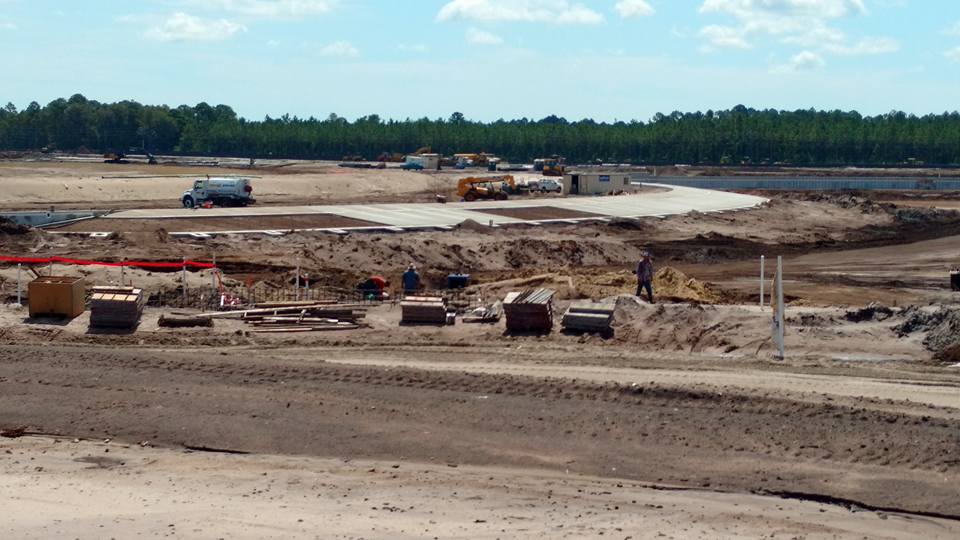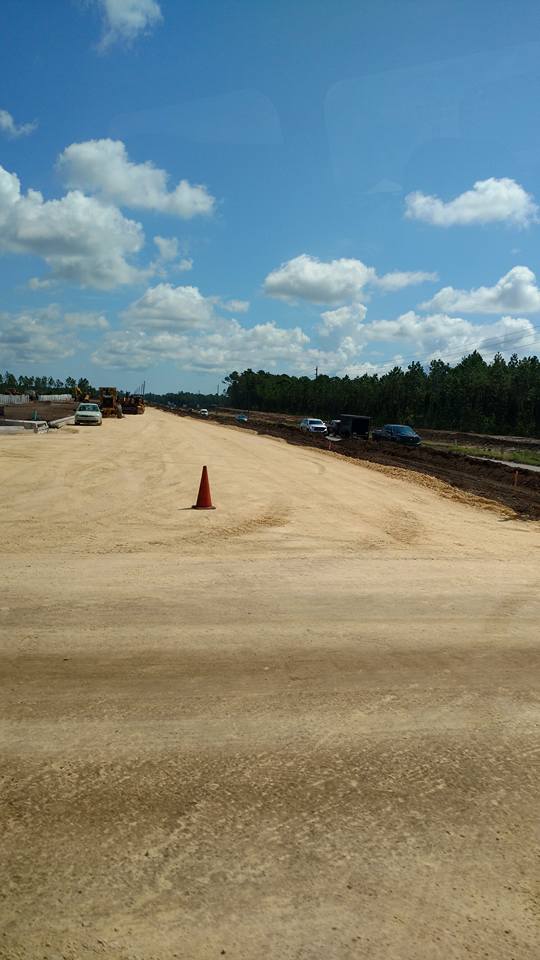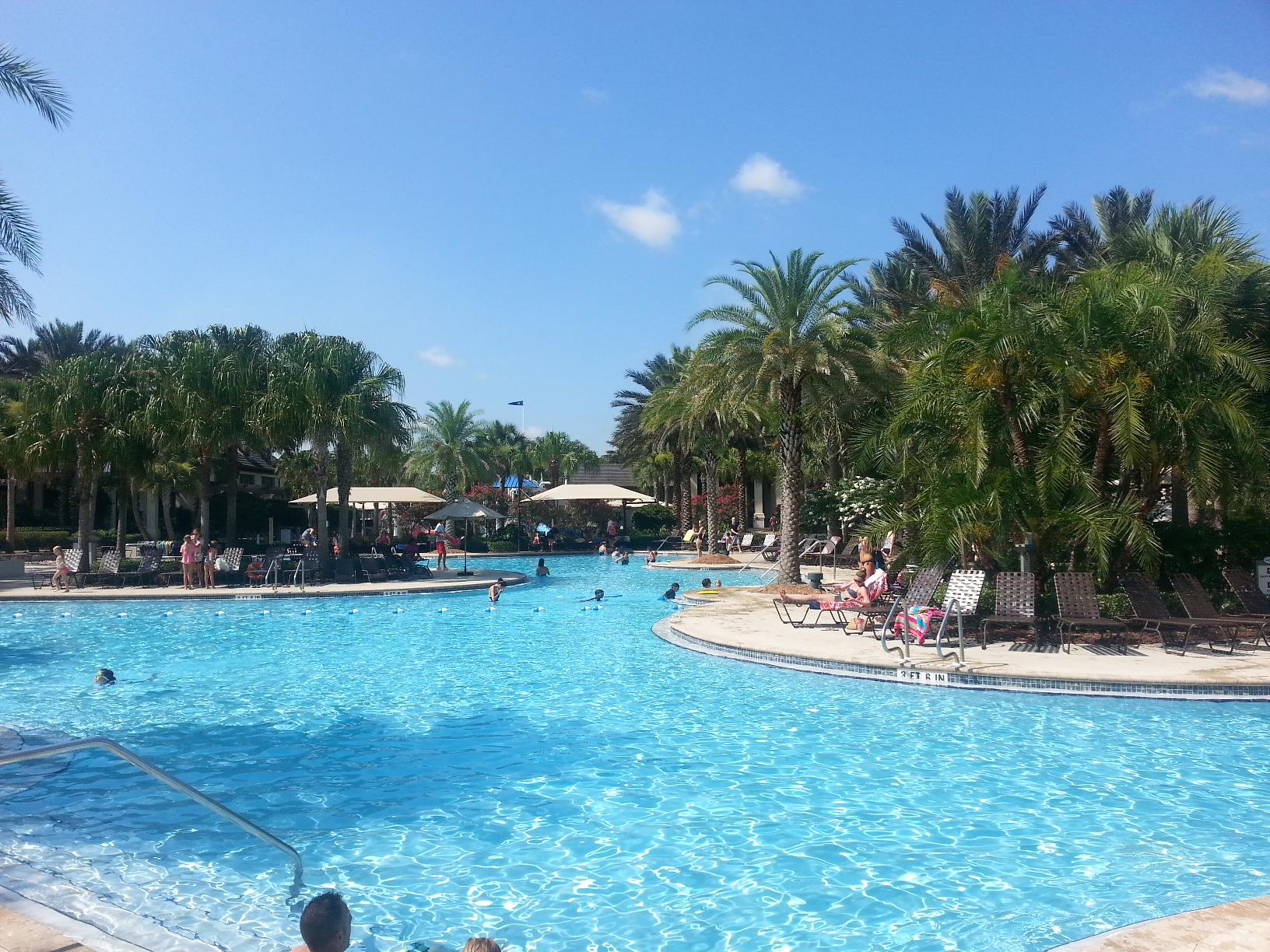The most common questions I hear from people looking to buy a home in St. Johns, FL are about CDDs and CDD fees. While many communities in and around the area have CDDs, people moving from other areas or from neighborhoods without one generally haven't heard of them. At the risk of boring you, here is a brief explanation.
What is a CDD? A Community Development District (CDD) is an independent, special purpose government entity typically established by a developer with governmental approval. CDDs were created by Florida Legislature in the 1980s and are governed by Florida State Statute, Chapter 190.
Why are CDDs Created? CDDs are a cost-effective way for developers to acquire, operate and maintain infrastructure systems, improvements and services for planned communities. The use of CDDs helps create and maintain infrastructure without overburdening local governments or taxpayers.
How Do CDDs Work? A CDD has the authority to finance, construct and maintain public infrastructure required by population or commercial growth. CDDs also provide some assurance to local governments and permitting agencies that the infrastructure will continue to be maintained even after the developer has moved on to another project. As a government entity, most CDDs are authorized to issue long-term tax exempt bonds for certain facilities. Through bond issuance the developer can put in infrastructure such as roads, underground utilities, bridges, water and sewer facilities, retention ponds and streetlights. As homes or parcels in the development are sold, the Buyers pay for the bonds through an Ad Valorem tax over a specified time period. Bonds are commonly issued for 20 or 30 years so, for example, if a CDD issued a 20-year bond in 2010 and you purchase a home in that community in 2015, you would continue paying the bond for the remaining 15 years of the bond life.

Who Manages A CDD? By law, CDDs are governed by a Board of Supervisors. In most cases when a CDD is first established the Board is comprised of the developer and his/her chosen, qualifed representatives. As the district grows in population, Board seats begin to be filled by property owners of the district until eventually the Board is comprised solely of property owners.
How Much Are CDD Fees and How Do I Pay Them? CDD fees vary depending upon the community and sometimes even within communities depending upon the size of the property owned. The range of CDD fees is from about $500/year to $4,000+ per year. Your Realtor(R) can tell you what the fee is for a specific property or you can look it up in county tax records. Fees are an Ad Valorem tax and are collected by the county tax collector along with your Property Taxes. If you have a mortgage on your home and use an escrow account for taxes and insurance, the CDD fee will be escrowed there as well. If you do not have an escrow account you will be expected to pay your CDD fees annually along with your property taxes.
Do You Stop Paying CDD Fees Once the Bond Is Paid Off? No. The CDD fee is comprised of two parts: the debt (bond) portion and an Operations and Maintenance (O&M) fee. The bond portion will eventually be paid off but the O&M fee will continue to be assessed to cover the costs of maintaining CDD property, facilities and services.
How Is A CDD Different than a Homeowners Association (HOA)?

A CDD is a government entity and must comply with Florida state law. An HOA is typically self-governed. Some communities have both a CDD and an HOA with separate and distinct responsibilities. Other communities may have either a CDD or an HOA or neither.
Why Would I Move Into A Community That Has CDD Fees? Most communities with CDDs also have amenities such as pools, tennis courts, a clubhouse, parks, a gym or recreation programs for resident use and enjoyment. CDD fees help build and maintain those. If your family is going to take advantage of having some of those amenities within the neighborhood you may find the CDD fee less expensive than swim club, gym or social club fees. If you don't envision your family taking advantage of those things then a community with a CDD may not be for you.
How Can I Learn More About CDDs? Do you really want to?! More info about Community Development Districts can be found at:
Florida Statute Chapter 190 - Community Development Districts
Or you can call me at 904-576-0706 and I'll answer your questions if I'm able to or I'll connect you with someone who can.








